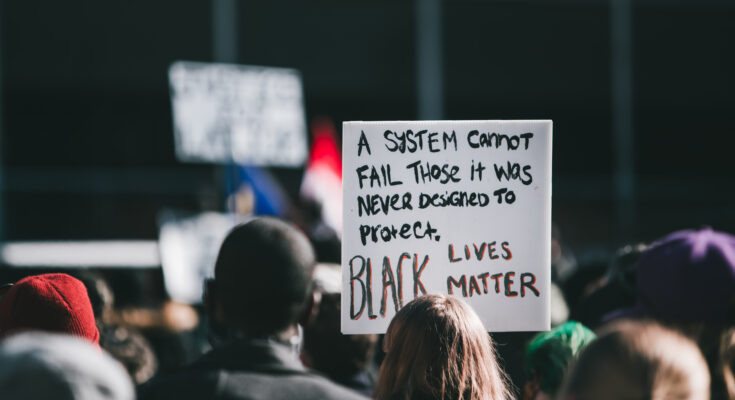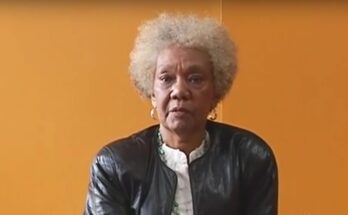As we proudly commemorate the 10th anniversary of the powerful #BlackLivesMatter movement, it’s important to reflect on the journey that this powerful movement has undertaken and the challenges it continues to face. America – the constitution – is a system that was never designed to protect Black people. While the summer of 2020 saw an unprecedented surge in global support for racial justice and equity, recent developments have shown that the fight against anti-Blackness and systemic racism is far from over. The movement has evolved into a catalyst for change, inspiring conversations about diversity, equity, and inclusion (DEI) across sectors. However, as we stand in 2023, it’s evident that the journey towards equality is witness the white backlash now happening.
The summer of 2020 marked a turning point in the fight against racial injustice. The tragic murder of George Floyd ignited a firestorm of protests that spread across the United States and beyond. People of all races, ethnicities, and backgrounds took to the streets to voice their solidarity with the Black community and to condemn the deep-seated racism that has plagued society for centuries. The hashtag #BlackLivesMatter became a rallying cry for justice and equality.
The summer of 2020 wasn’t just about protests; it also spurred a wave of diversity, equity and inclusion (DEI) initiatives within various organizations. Corporations and entities recognized the need to address systemic racism within their structures and pledged their commitment to fostering inclusive environments. High-dollar commercials, conferences, and public statements expressed solidarity with the #BlackLivesMatter movement. It appeared that the narrative of unity, diversity, equity, and inclusion was gaining traction and reshaping societal norms.
However, the passage of time has revealed the complexity of sustaining long-term commitment to DEI efforts. The initial surge of support often wanes, and organizations make promises but those promises never turn into tangible actions. Reports indicate that some DEI professionals who were initially hired with enthusiasm have faced obstacles in effecting meaningful change within their organizations. These same DEI professionals are now being removed from their positions. The uphill battle they face serves as a reminder that overcoming systemic racism requires a continuous, unwavering effort.
The year 2023 has brought about significant shifts in the realm of civil rights. The elimination of affirmative action in college admissions has sparked debates about equality and opportunity. Critics argue that this move hampers progress by limiting access to education for marginalized communities. These changes highlight the importance of vigilance in protecting the gains made in the fight for civil rights. The history of discrimination and inequality necessitates ongoing efforts to ensure that marginalized voices are heard and included.
The fight for racial equality has also faced counteraction from white supremacist ideologies and actions. Individuals like Blum, who seek to undermine civil rights, remind us that the struggle against systemic racism is far from over. Their attempts to dismantle the progress made by movements like #BlackLivesMatter underscore the urgency of maintaining a united front against bigotry and hate.
It must be emphasized that the #BlackLivesMatter movement is not tied to a single organization; it represents a broader call for justice, equity, and an end to anti-Blackness. The movement’s strength lies in its decentralized nature, which allows for a multitude of voices to join the chorus of change. This decentralized approach has helped the movement remain resilient in the face of challenges and attempts to silence the Black amplified voice.
The struggle for racial equality is not limited to a single moment or event; it’s a movement that demands continued action. To ensure that the progress made since 2020 is not in vain, it’s important that individuals, organizations, and society as a whole push for values of justice, equality, and inclusion.
The 10th anniversary of the #BlackLivesMatter movement is a time to both celebrate the progress that has been made and acknowledge that white supremacy is baked into the fabric of the nation and world. The movement’s ability to inspire global solidarity and foster discussions about DEI has been a significant achievement. However, recent developments such as the elimination of affirmative action and attempts by white supremacists to undermine progress remind us that the journey towards racial equality remains. The true power of #BlackLivesMatter lies in its ability to remain a movement, not just a fleeting moment, until Black lives genuinely matter in every corner of America and the world.





